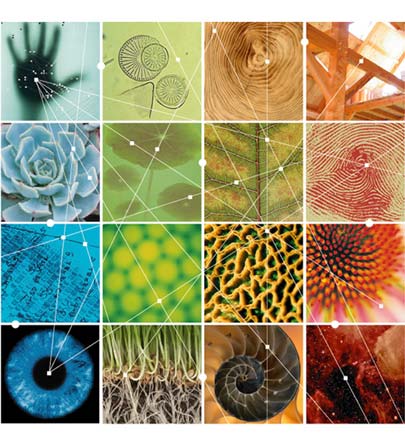How would nature design adaptive human communities? Lessons from the super organism.
Denise DeLuca (MCAD SD faculty), Ilaria Mazzoleni and Tamsin Woolley-Barker will share an aspirational session that explores how human communities can find inspiring new models of social planning and architectural organization from ultra-social creatures like ants, honeybees, and mycelial fungi, and the ecosystems they inhabit. You will discover how these super-organisms (groups that function like a single individual) facilitate diversity while maintaining cohesion; the social and physical infrastructures that allow them to respond to local conditions effectively and collaboratively; and how our human communities can mimic them and the ecosystems they are within. Our interactive components seek greater understanding of human and non-human collaborative ecosystems, explore the challenges for interdisciplinary “bio-inspiration” teams wanting to apply this understanding, and introduce tools to facilitate this process. Register for the conference here.
Learn more about Denise
Denise DeLuca is co-founder of Vibrant OS, whose mission is to empower and equip leaders, and their teams, with principles and practices inspired by nature – and human nature – that transform the team’s fundamental way of operating while addressing immediate business issues. In addition, Denise teaches online courses in Creative Leadership and Biomimetic Design for MCAD’s MA in Sustainable Design program. Denise was previously Project Lead for SwedishBiomimetics 3000 and co-founder of BCI: Biomimicry for Creative Innovation. Denise focuses her efforts on catalyzing natural human capacity for creativity, effective collaboration, and break-through innovation.
Learn from Denise this summer
Don’t miss your chance to learn about biomimicry from Denise this summer. This 10-week summer course entitled, Biomimetic Design, runs from June 1-August 9. Students will learn how to abstract functional strategies from nature to apply to the process of innovative design. This project-oriented studio course covers core biological principles, astounds students with the wealth of design solutions available in nature, and provides numerous case studies of innovative designs inspired by natural models. Overall, this course provides powerful metaphors and methods for looking to nature as model, mentor, and measure in our designs. Register soon! Only 5 spots remain.
Image courtesy of LivingFuture.org
